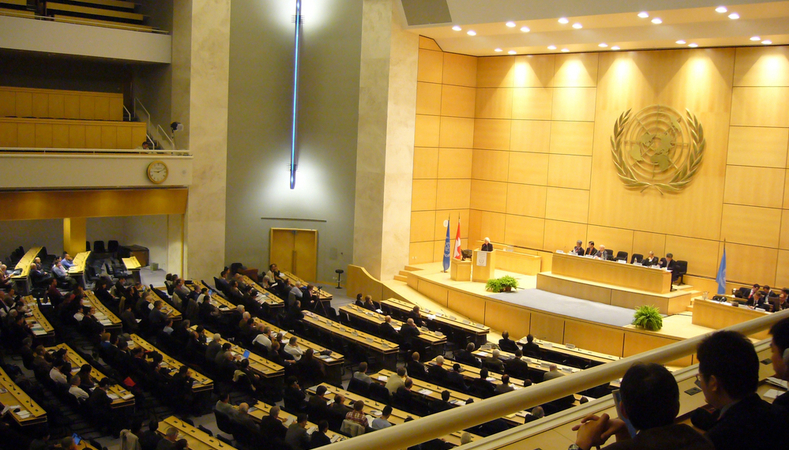Crashed nuclear deal talks with Tehran: IAEA fails to gain access to nuclear sites in Iran


Rafael Grossi, the director general of the International Atomic Energy Agency (IAEA) said in a press conference that he was “close to the point when I will not be able to guarantee continuity of knowledge”. He added “We must reach an agreement. We must do it.” Grossi has shared concerns that the failure may further endanger the nuclear deal talks scheduled to start in Vienna on Monday.
This week Grossi had traveled to Tehran in order to get permission for his inspectors to reinstall functioning cameras at the Tsai complex in Karaj, located west of Tehran. It is shared by IAEA that Iran has resumed building centrifuges at the said factory. Grossi said, “It is obvious such a long period of time without access would prevent me from continuing to say that I have an idea of what is going on.”
Read | Nuclear talks resume but Iran won’t let it be an easy feat
On Wednesday, Grossi submitted a formal report to the agency’s board meeting stating, “The lack of access to the Karaj workshop has meant that the restoration of surveillance and monitoring at all of Iran’s facilities and locations in relation to the joint comprehensive plan of action [the Iran nuclear deal] could not be completed.”
On the issue Tehran told Grossi that access would be re-permitted to the agency on one condition – if IAEA dropped its longstanding demand to examine three undeclared sites at which nuclear particles had been found. According to Iran, information about these sites was informed by Israel and not formed as a part of the inspection. But Grossi told the board, “The presence of multiple uranium particles of anthropogenic origin at three locations in Iran not declared to the agency, as well as the presence of isotopically altered particles at one of these locations, is a clear indication that nuclear material and/or equipment contaminated by nuclear material has been present at these locations.”




